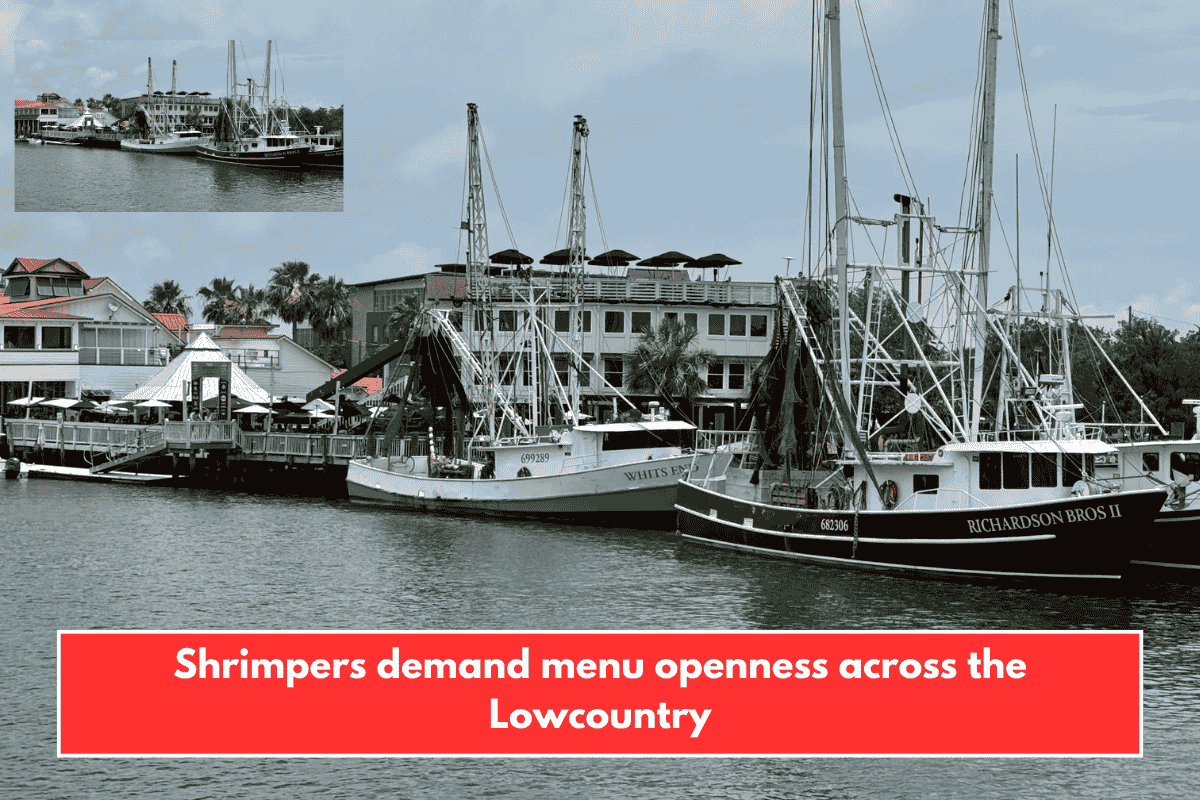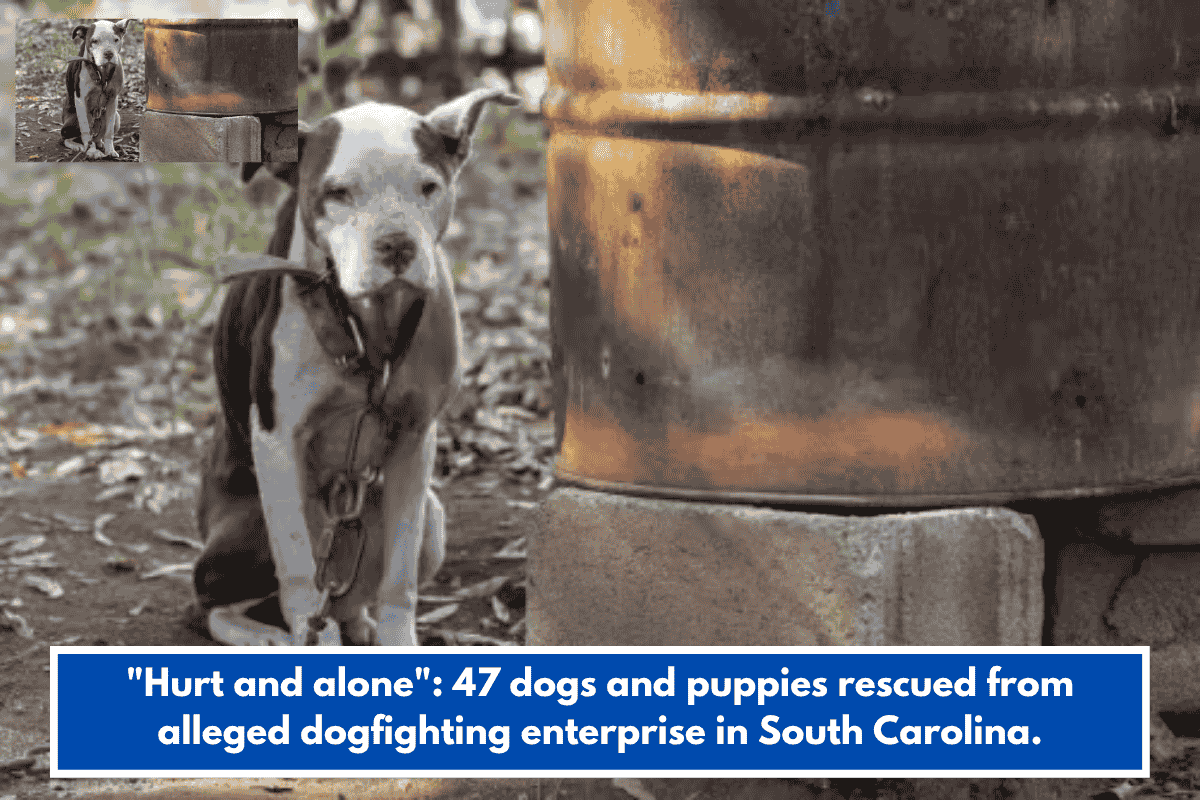South Carolina shrimpers are standing up for honesty in seafood. At a press conference in Mount Pleasant’s Shem Creek, the South Carolina Shrimpers Association announced a federal lawsuit against restaurants accused of falsely advertising imported shrimp as local. The group says this practice hurts honest shrimpers, misleads customers, and puts food safety at risk.
The Heart of the Issue
The shrimpers say they’re not upset about restaurants using imported shrimp. Their frustration is with places claiming that shrimp from overseas is locally caught. “Our issue isn’t with restaurants that are serving imported shrimp,” said Bryan Jones, Vice President of the Shrimpers Association. “It’s with those pretending it’s our shrimp.”
What the Lawsuit Demands
Filed in Charleston federal court, the lawsuit names 40 unnamed restaurants and asks for an injunction to stop them from mislabeling their shrimp. It also seeks financial penalties and the return of profits gained from misleading advertising. The group wants to make sure customers know the truth about what’s on their plates.
Why It Matters
Shrimpers like Jones and Association President Rocky Magwood say this has been happening for years—hurting local fishermen and risking public trust. “It certainly hurts to know the work we’re putting in is being undercut,” Jones said. “They’re making a profit at our expense.”
Magwood added that he’s been fighting this battle for over 25 years. “I never thought it would be this bad,” he said. But recent testing has confirmed that many restaurants are serving foreign shrimp while claiming it’s locally caught.
Concerns Over Imported Shrimp
Shrimpers argue that much of the imported shrimp comes from farms in countries with poor labor conditions and limited safety regulations. Some even use banned chemicals and unethical labor. “We believe in clean coastal estuaries. What’s good for the ducks is good for the shrimp,” Jones said.
Legal Support for the Cause
Attorney Gedney Howe, representing the shrimpers, said that both state and federal laws already ban this type of food fraud. “It is just illegal at a state and federal level,” Howe said. “It’s got to come to a stop.”
Looking for Bigger Changes
Beyond the lawsuit, shrimpers are pushing for a new law in South Carolina. They want restaurants to be required to show where their shrimp comes from, just like in Louisiana and Texas. This “country-of-origin labeling” would help diners make informed choices and protect the local industry.
The South Carolina Shrimpers Association says this lawsuit is not about revenge—it’s about fairness, honesty, and protecting their way of life. Until new laws are passed, they urge customers to ask where their shrimp comes from and support restaurants that serve true local seafood. Their message is simple: if a menu says “local shrimp,” it should mean just that.









